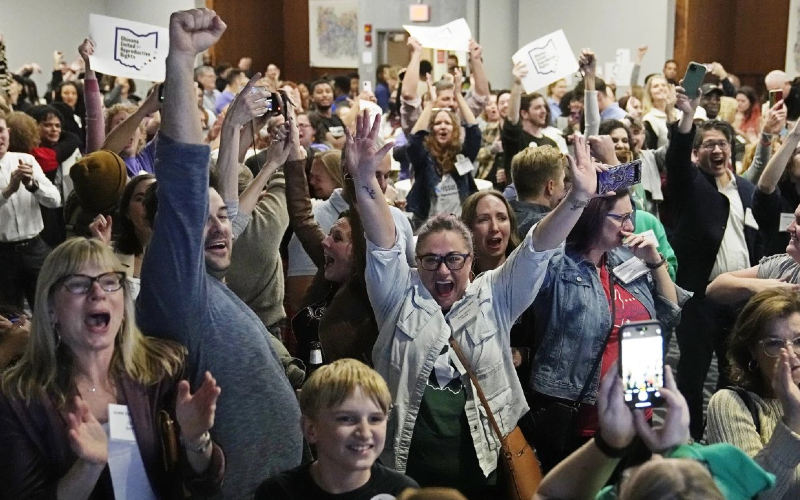An article in The Cornell Chronicle, the Cornell University newspaper, lauded a Harvard researcher who unhappily concluded women have more births in U.S. states where abortion is restricted. That statistic means babies are not killed in the womb but such a conclusion is bad in the eyes of abortion-supporting academics.
The study, published in the journal Demography, also concluded women suffer financially in those states where abortion law are strict, where people attend church often, and where Republicans hold most congressional seats. The researchers relied on pregnancy statistics from the U.S. Centers for Disease Control.
Reacting to the findings, Eric Scheidler of Pro-Life Action League says he is no stranger to academic studies such as a recent one claiming strict abortion laws are ineffective.
“That, in fact, abortions were continuing to rise and women were simply finding other ways to get abortions,” he says, “either through pills they order through illegal mail-in operations, or by crossing state lines to get abortions, or who knows.”

Farther down in the Cornell Chronicle article, it points out the researchers presented their abortion research last year at the annual meeting of the Population Association of America. That organization, which publishes Demography, traces its beginnings to Planned Parenthood founder Margaret Sanger and to Henry Pratt Fairchild, both proponents of eugenics. Fairchild was the first president of the PAA.
According to Scheidler, the lesson to learn from the research paper is the “lack of value” abortion supporters place on the lives of the unborn and also on those children who are alive in states that restrict abortion.







